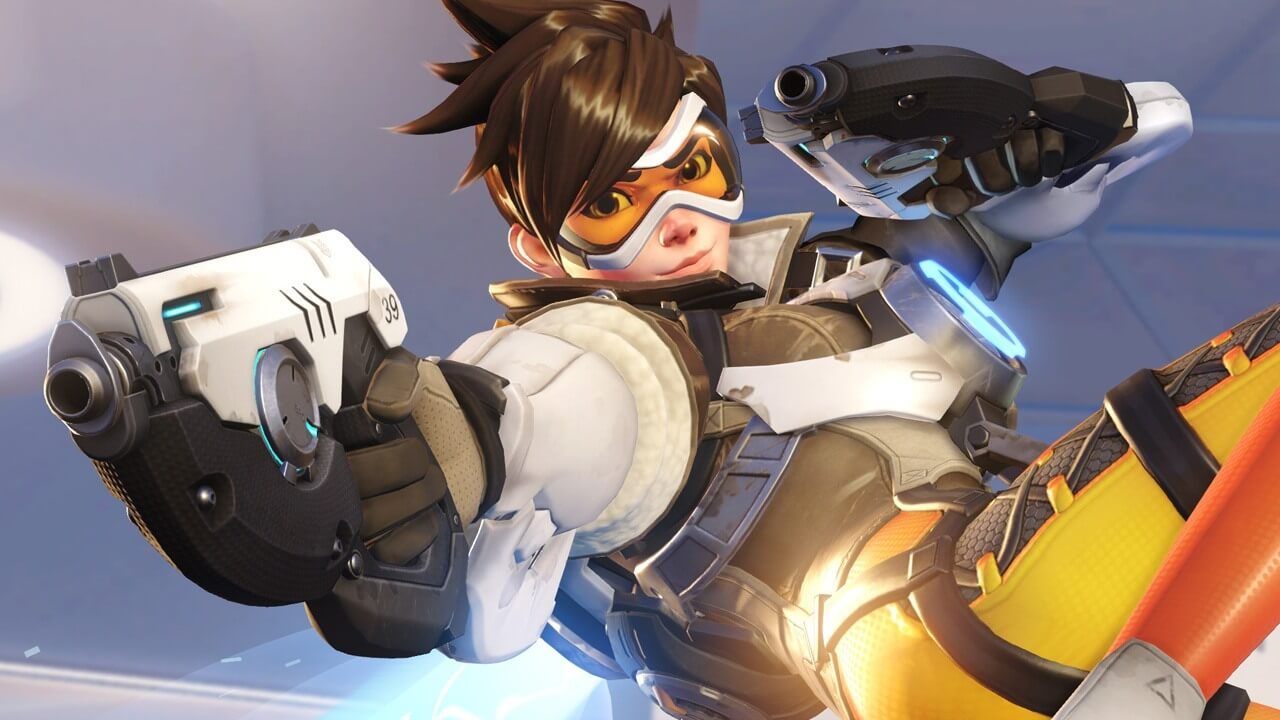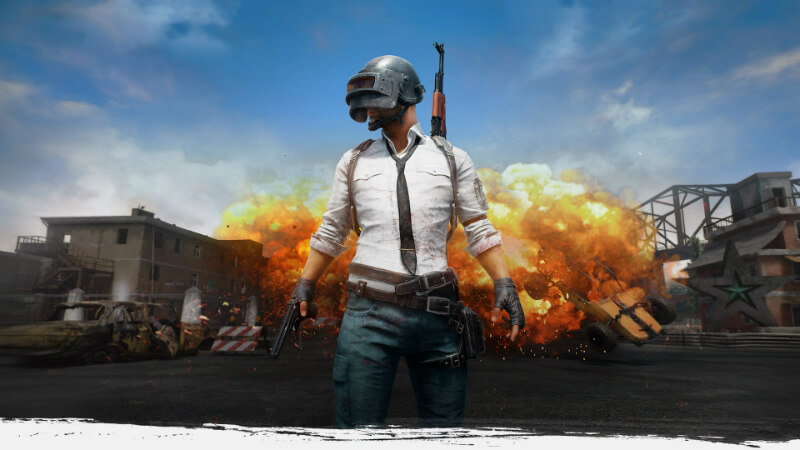Online interaction has always been a breeding ground for harassment. There is something about being behind a screen that empowers harsh and destructive behavior. Maybe it is the illusion of safety or an increase in confidence. Whatever it is, video games are no exception.
In fact, the environment of online games can easily influence more violent behavior. The rush of a competitive game can make emotions fly. People can be severely damaged by comments online. One study shows just how much harassment happens in online games.
The Anti Defamation League, an anti-hate organization founded in 1913, conducted a study on the subject, which revealed two-thirds (that’s 65%) of US gamers are severely harassed online. Severe harassment includes physical threats, stalking, and ongoing harassment, according to the study.
Another result reveals that 74% of multiplayer gamers experience harassment of some sort. A breakdown of more specific findings follows. Take a look at the study itself for a complete list.
The survey, in partnership with Newzoo, reached 1,045 people within the age range of 18-45. It took place from April 19, 2019-May 1, 2019.
- 53 percent harassed based on race, religion, gender, sexual orientation, or ethnicity
-
- 38 percent of women harassed based on gender
- 35 percent of LGBTQ+ harassed based on sexual orientation
- 23 percent of Hispanic/Latinx harassed based on racial/ethnic identity
- 31 percent of black/African American harassed based on racial/ethnic identity
- 23 percent of Asian Americans harassed based on racial/ethnic identity
- 19 percent of Jews and Muslims harassed based on their religion
- 29 percent are victims of doxing, private information publicly exposed
- 23 percent exposed to evil ideology (white supremacy)
- 8 percent played with people sympathetic towards ISIS
- 9 percent exposed to conversations on Holocaust denial
The study also revealed the top five games where harassment is likely to occur. These are DOTA 2, Counter-Strike: Global Offensive, PlayerUnknown Battlegrounds, Overwatch and League of Legends.
It’s not all negative though. The study also revealed that 88 percent of online gamers experienced positive social interactions. This entails making friends and helping each other.
What should be done in light of this information? The study has respondents answering this question as well. Sixty-two percent believe companies should do more to ensure the safety of online game participants. Another 55 percent said in-game voice chat needs content moderation.
All three major gaming platforms do offer harassment relief systems. Microsoft, Sony, and Steam offer guides to dealing with online harassment. Recently, Head of








